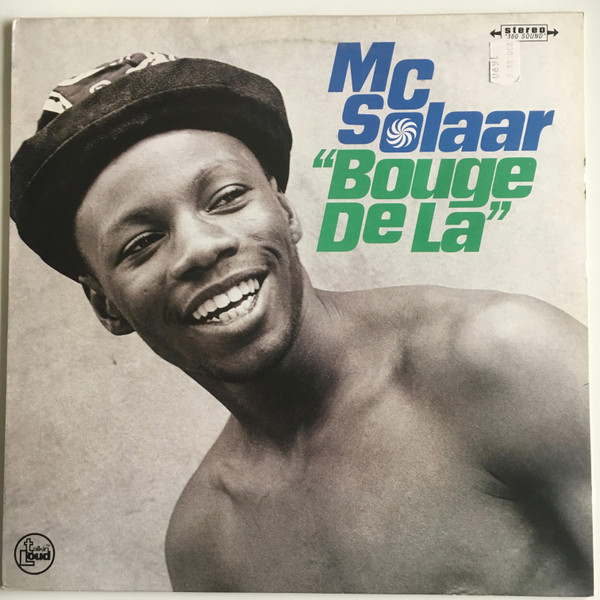When most people think of Hip Hop as a genre or as a cultural movement, they (rightly) think of New York City. This subculture was born in the Black community of the South Bronx, and quickly spread to other parts of the city, then the country, and within a few years, Hip Hop was iterated in some form almost everywhere in the world.

France is no exception to this – rather, it is currently the second largest consumer of Hip Hop after the USA. In 1984, the world’s first Hip Hop television show aired on France’s largest channel, TF1. However, though France had been one of the first countries outside of the USA to embrace the American movement, it was about 20 years after the genesis of Hip Hop in the Bronx during the early 70s before Hip Hop as a cultural movement really began to take on a distinct French form. When it finally did, it was largely because of one man pioneering the movement: the legendary MC Solaar.

Born in 1969 in Dakar, Senegal, Claude M’Barali moved to a southern suburb of Paris with his family as a baby. At age 12 he lived in Cairo with an uncle for 9 months where his interest in the Universal Zulu Nation and Afrika Bambaataa was born. After his undergraduate studies in languages, and his postgraduate studies in Philosophy, he released Bouge de là, sampling Cymnade’s song The Message in 1990 and it was a huge success.
In 1991, he released his debut album, Qui sème le vent récolte le tempo (“He who sows the wind reaps the tempo”), and it was hugely successful, also. He toured around Eastern Europe, as well as twelve different countries in West Africa.

MC Solaar is a legend as a French musician in general, though of course primarily as a Hip Hop artist, and he is responsible for the shape the French music industry has come to take on today. While it is impossible to deny the importance of the tradition of La chanson française, we must also acknowledge the staggering contribution of French and francophone artists from racialised, and generally marginalised backgrounds. Go listen to Caroline, Bouge de là, and Paradisiaque and marvel at this man’s linguistic genius.